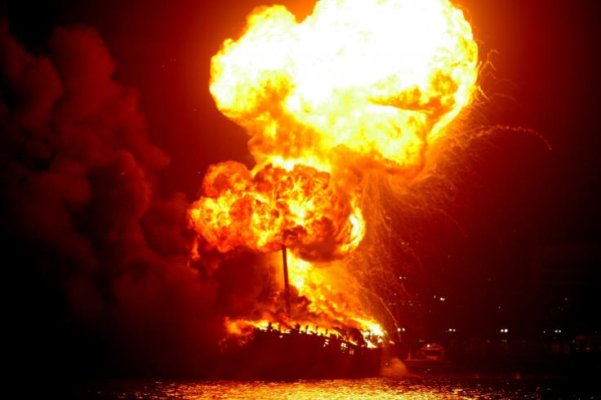RickB,
1, you would be surprised how much heat is added by the injection pump. Compressing anything creates heat. When you are talking over 1000psi, doubling temp isn't uncommon. But, it's under pressure, it won't vaporize.
2, makes sense, but that is entering the pump, as you said. Heading to the injector it's considerably hotter.
3, I did not know the cooler was return side. I guess it would make sense in a commercial application where aside from just a pair of engines running, you have a generator or 2 and a hydrolic pump all running, heating an engine room. More heated return fuel too. It still sounds overkill in the small boat we are talking about.
4, I wholeheartedly disagree. That is the trashy way to do it. If an engine is worth saving, it's worth doing it RIGHT. Wash it out with freshwater and all you have done is fill oil passages with something that isn't oil. The only proper way to fix that ghetto cleaning job is to tear down, inspect and replace as required, and properly lube the engine. As an engine builder, I refuse to do crap work. When I work on something, I make sure it's done right, or not at all. Flushing with water does not remove all contaminates, not by a long shot. It is more likely to introduce contaminates than remove them. A little salt by the rings and your bore won't last, it's abrasive and corrosive, a bad combo. Any engine treated like that is a ticking time bomb. Not until every part has been tanked/vatted and/or otherwise properly cleaned is it ready to run. While you are in there, why not rings and bearings? Not much extra money for peace of mind. It will cost a lot more when the engines are back in the boat than if they are already apart.
If marine tech's really consider that the proper way to handle a seawater contaminated engine, I would recomend paying diesel equipment tech's, or guys like Hamilton performance to take a look. I know the guys at Hamilton, they would become violent with anyone suggesting flushing an engine with water in that situation. Why? Because that is just short of raping the customer.




